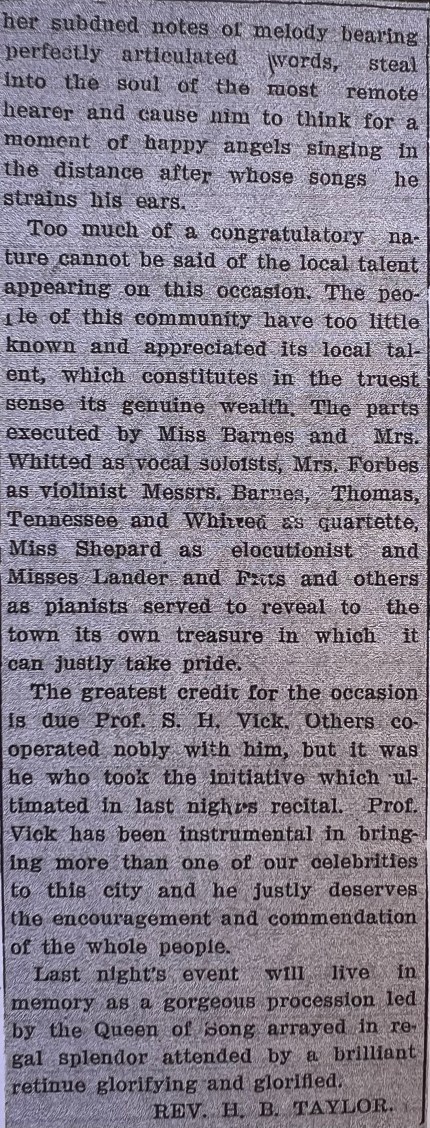In 2018, North Carolina welcomed home a native son, renowned jazz drummer Billy Kaye. Born Willie King Seaberry in Wilson in 1932, Kaye performed with Billie Holiday, Thelonious Monk and other luminaries, but had never played in Wilson. Not long after his June performance at Vollis Simpson Whirligig Park, Sandra Davidson interviewed Kaye for North Carolina Arts Council’s “50 for 50: Artists Celebrate North Carolina.”
Below, an excerpt from the interview.
——
S.D.: Tell me what you remember about growing up in Wilson.
Kaye: I was born in ‘32 a couple blocks from the train station near the Cherry Hotel, one of the top hotels in Wilson. My grandparents’ home was 517 Church Street which was something like a two-block walk to the train station. It was a block off Nash Street. Most of the employment was done there. Nash Street had [a] drug store, dentist, doctor. There was a Ritz Theater on Nash Street. There were three churches in that area. That was basically it. I grew up running around the yard playing the Lone Ranger with a broomstick between my legs. I used to enjoy coming home in the summers when I was a youngster to play in the dirt, climb the trees, play under the house. That kind of stuff.
…
S.D.: … What is it like to for you to play your first hometown show?
Kaye: It’s hard to explain. It’s the biggest thing that ever happened. Playing at home was something I wasn’t even about when I left here. I had no history. I was just a guy that moved up [North]. I played in Greensboro some years back. It was okay. It was North Carolina, but it wasn’t Wilson. Goldsboro—that was great, but it still wasn’t Wilson. Home is where I was born. So, this thing here, it’s hard to explain. I’m playing at home. I’m seeing things that I didn’t see and appreciating things. I see these trees, the most magnificent things. There’s nothing there but trees. Man, they are the greatest trees I’ve ever seen. It’s like home.

Billy Kaye performs at Whirligig Park. (Photo: Astrid Rieckien for the Washington Post.)
For the full transcript of Kaye’s interview and to watch videos of his performance in Wilson’s Whirligig Park, see here.
——
- Cherry Hotel
- “my grandparents” — Kaye’s mother was Helen King. On 8 March 1929, Henrietta King, 50, whom I believe to be Helen King’s mother, married W.J. Howell, 58, in Wilson. Rev. B.F. Jordan performed the ceremony in the presence of George W. Coppedge, Eva M. Hines, and Willie Faulkland. William J. Howell died 8 November 1939 in Wilson. Per his death certificate, he was 67 years old; was born in Cumberland County, N.C., to Rachel Barnes; was married to Henrietta Howell; lived at 517 Church Street; worked as a laborer; and was buried in Rountree Cemetery. In the 1941 Hill’s Wilson, N.C., city directory: Howell Henrietta (c; cook) h 517 Church. Henrietta King Howell died 28 December 1948 in Philadelphia, Pennsylvania.
- 517 Church Street — 517 Church has been demolished, but the 1922 Sanborn fire insurance map reveals it to have been a one-story wooden dwelling situated on a deep lot that backed up to John M. and Annie Darden Barnes‘ property at 500 East Green Street.
- “drug store, dentist, doctor” — offices in the 500 block of East Nash Street in the 1930s included Ideal Pharmacy and Shade’s Pharmacy, dentists George K. Butterfield and William H. Phillips, and doctors William A. Mitchner and Matthew S. Gilliam.
- Ritz Theater
- “three churches” — [Jackson Chapel] First Missionary Baptist, Saint John A.M.E. Zion, and Calvary Presbyterian churches.















